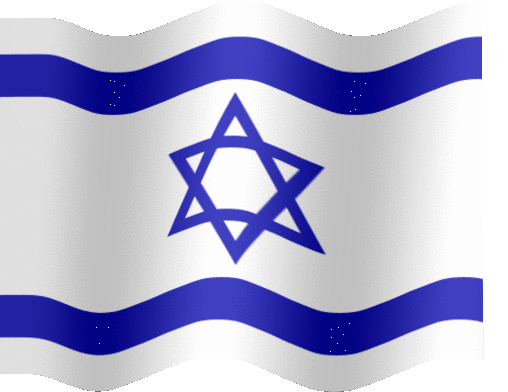
High Holy Day Conundrum
Let’s face it, there is an extra burden for Jewish students when High Holy Days approach. Jewish Holidays are never convenient, but they are significant, so it is important to plan ahead for the holidays! Don’t be shy, make sure that every faculty member and every employer has a copy of the Jewish holiday schedule and knows how it will affect your attendance this academic year.
Plan Early!
Do not wait to tell your instructors and employers until the last minute. Let them know the first day of class that you will be taking required Jewish Holidays. If those instructors or employers indicate that your grade or your employment will suffer due to Jewish observance, please let your local Hillel representative know so that we can assist you. If your college doesn’t have a Hillel, talk to your academic dean.
Here is a calendar of JewishHolidaysAcademicYear 2017-18. It is a PDF document you can download and provide to your instructors and employers.
Jewish High Holidays
Academic Year 2017-18
Each holiday begins at sundown and ends one hour past sundown.
These are holidays in which work is not permitted (Yom Tovim, i.e. “Days of Happiness”). I have not included holidays when work is permitted.
The definition of “work” includes (but is not limited to): driving or travelling in a car or other vehicle, writing, using electronic devices, using phones, and engaging in commerce.
I have not included the Jewish Sabbath (Shabbat) in this list. However, Shabbat is observed each week every week beginning just before sundown and ending one hour after sundown. Holidays that end on Friday night go directly into Shabbat. There is no time between the end of the holiday and the beginning of Shabbat.
HOLIDAYS, FALL 2017
Rosh Hashanah*
No work is permitted: Just before sunset of Wednesday, September 20 through one hour after Sunset of Friday, September 22. This holiday goes directly into Shabbat without a break.
Yom Kippur
No work is permitted: Just before sunset of Friday, September 29 through just after sunset of Saturday, September 30. (Note: This is a 25 hour fast with no food and no water. Employees may need to leave early in order to prepare for this fast.)
Sukkot Holidays*
This is an eight-day holiday, but just the first two and the last two days of the holiday are days when no work is permitted. The eight-day holiday starts just before sunset on Wednesday, October 4 and goes through one hour after sunset on Friday, October 13.
No work permitted:
First Two Days*—beginning just before sunset, Wednesday, October 4 to one hour after sunset, Friday, October 6. This holiday goes directly into Shabbat without a break.
Shemini Atzeret*
No work is permitted: Just before sunset of Wednesday, October 11 until just after sunset, Thursday, October 12. This holiday goes directly into Simchat Torah with no break.
Simchat Torah
No work is permitted: Just before sunset of Thursday, October 12 until one hour after sunset on Friday, October 13. This holiday goes directly into Shabbat without a break.
HOLIDAYS, SPRING 2018
Purim (Holiday Celebrating Queen Esther)
This is not technically a Yom Tov, but I have included it because many keep it like a Yom Tov. Work is permitted, but highly discouraged, from just before sunset on Wednesday, February 28 until after sunset on Thursday, March 1.
Pesach (Passover)
Pesach is an eight-day holiday. No work is permitted the first two days and the last two days of the holiday. Remember that days begin and end at sundown.
Pesach 1 & 2: No work is permitted: Just before sunset Friday, March 30 until after sunset Sunday, April 1.
Pesach 7* & 8: No work is permitted: Just before sunset Thursday, April 5 to one hour after sunset, Saturday, April 7.
Shavuot (Celebration of the Giving of the Torah)
No work is permitted: Just before sunset on Saturday, May 19 until after sundown on, Monday, May 21.�
* One should make Eiruv Tavshilin at least one hour before before the holiday begins






